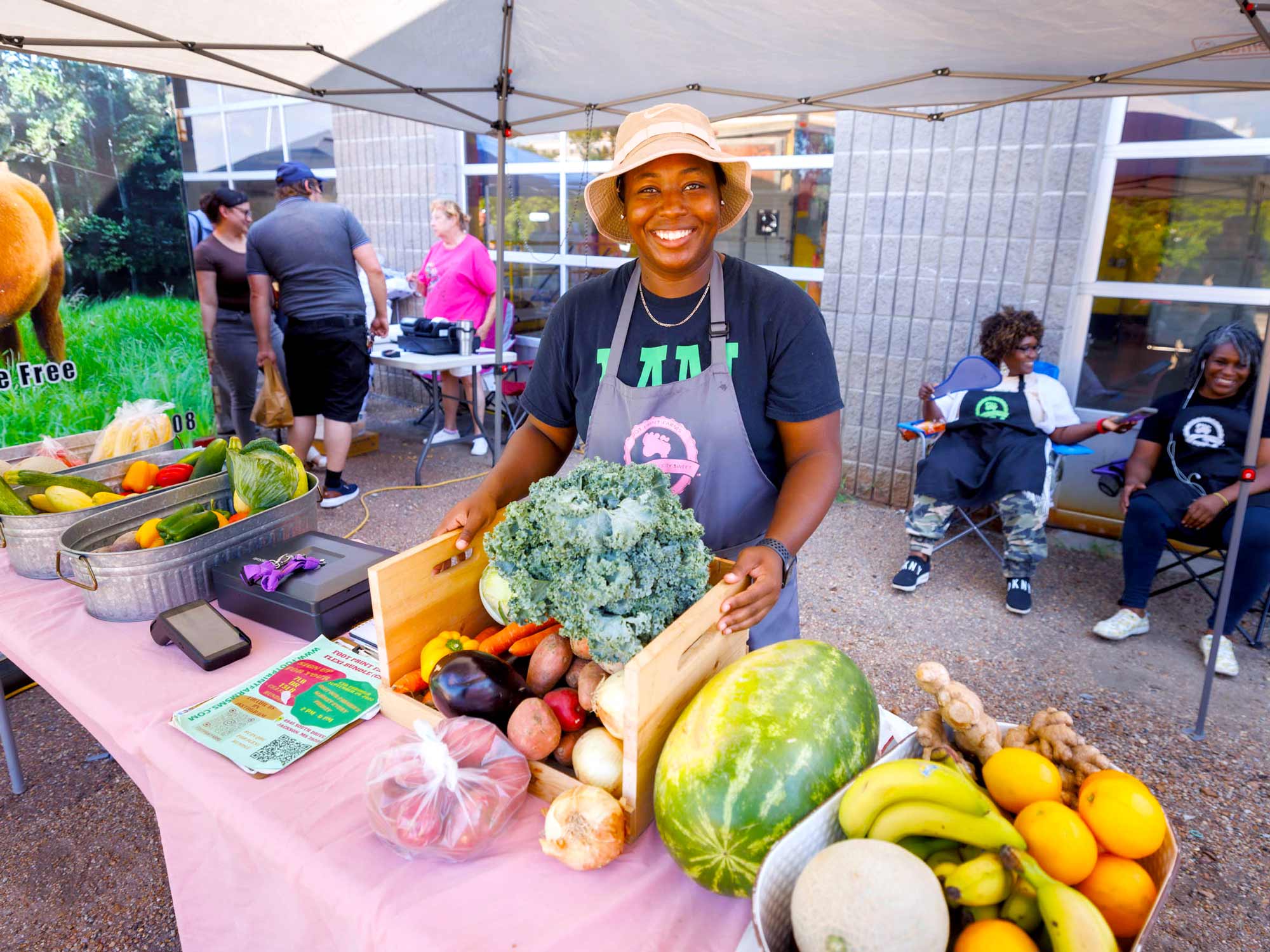UMMC Wellness: Eating Healthy

Healthy eating can mean something different to everyone. Fruits and vegetables are synonymous with a healthy diet: but why?
Because they are healthy? Well, yes, we know that! But why are they healthy? Fruits and vegetables provide vitamins, minerals, antioxidants, water, and fiber, which are necessary for a healthy diet.
Adequate fruit and vegetable intake has been associated with a reduction in chronic disease risk, specifically, a reduction in the risk of heart disease and mortality. The more fruits and vegetables consumed, the higher increased protection.
Several studies also support diets rich in fruits and vegetables with associated reductions in blood pressure. The Dietary Approaches to Stopping Hypertension (DASH) diet provides free online resources to increasing not only more fruits and vegetables into your diet, but also decreasing saturated fats that have been linked to poor cardiovascular health outcomes. As we continue down the list of benefits related to fruit and vegetable intake, risk reduction of certain types of cancers such as breast cancer, type 2 diabetes, diverticulosis, and improved weight management make the cut.
So, how many servings do you need to reap these benefits? On average, 5 or more servings of fruits and vegetables daily. Another way to look at it is 1.5 to 2 cups of fruit per day and 2 – 3 cups of vegetables per day. Do you currently meet this benchmark?
One component of fruits and vegetables that confer healthful benefits are antioxidants. Antioxidants are natural substances found in fruits, vegetables, legumes, and grains that neutralize free radicals. Free radicals are drivers of cellular damage and contribute to the development of chronic diseases like cardiovascular disease. There is no one superior antioxidant; rather, a variety of antioxidants found in colorful fruits and vegetables that is important. Additionally, vitamin and mineral content vary among fruits and vegetables further highlighting the need to change up the usual routine of potatoes, peas, and corn. We are creatures of habit and tend to eat the same foods repeatedly. I encourage you to challenge yourself and your family to try one new fruit and/or vegetable each week. This can get your kids involved and interested in vegetables by letting them pick a new one for the family to try.
Variety is key! The greater variety, the greater your odds of receiving healthful benefits.
Shopping at local farmers markets are a great way to support the local economy, develop relationships with the people who grow the food we eat, and an opportunity to try something new!
For an easy way to explore fresh and local produce, stop by the Farmer’s Market for employees hosted by the Office of Well-being on Thursday, September 29 from 3:30-5:30 p.m., in employee parking behind Backyard Burger.


